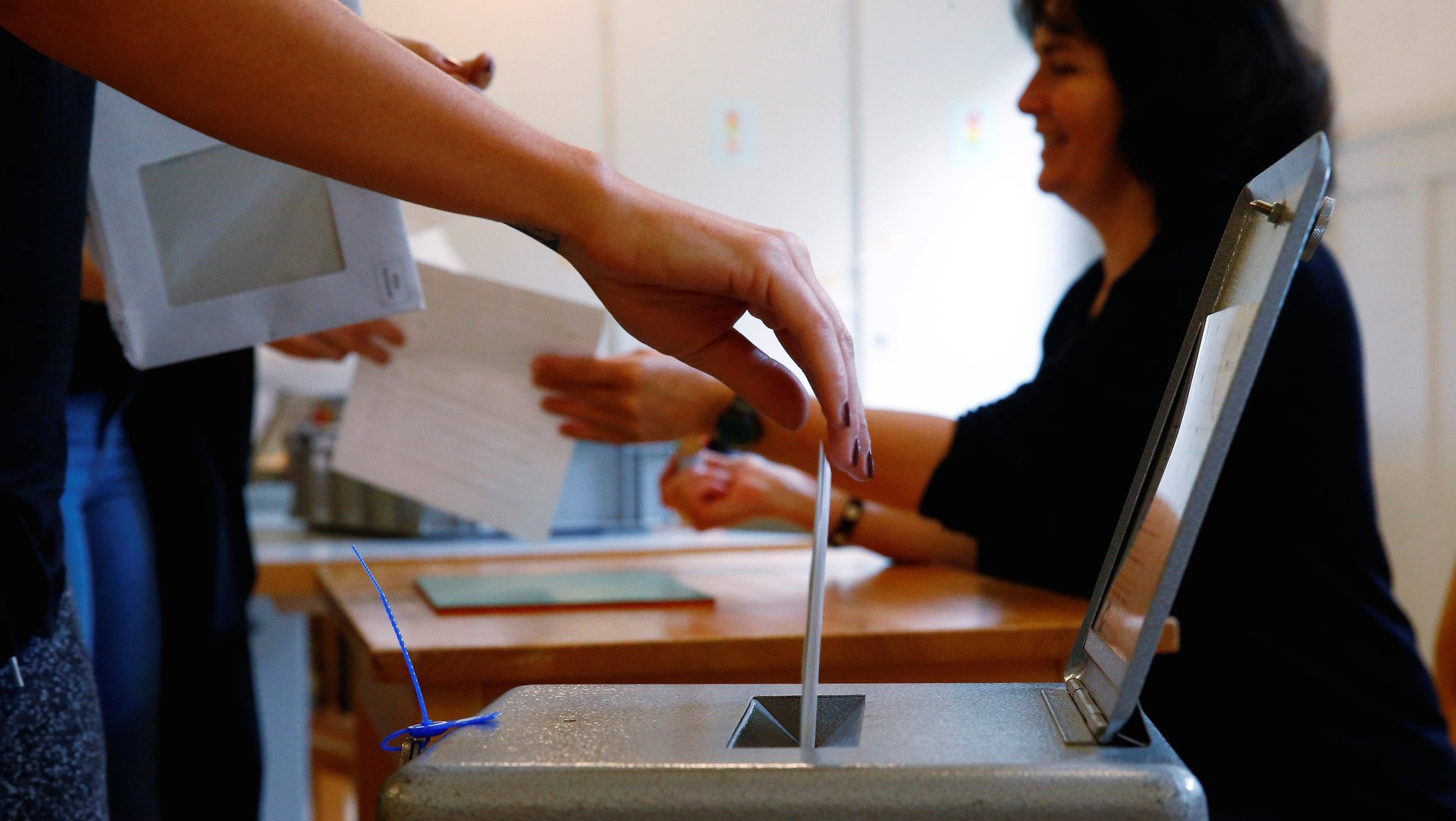Why Switzerland’s Universal Basic Income referendum matters, even though it failed
Today, Switzerland is the first country in the world to vote on Universal Basic Income (UBI)—an income floor for all Swiss residents through cash transfers from the government. Here’s what you need to know to understand today’s vote, as well as the growing basic income movement in the United States and beyond. Polls show that the referendum has practically no chance of passing, but that doesn’t mean we should ignore it


Today, Switzerland is the first country in the world to vote on Universal Basic Income (UBI)—an income floor for all Swiss residents through cash transfers from the government. Here’s what you need to know to understand today’s vote, as well as the growing basic income movement in the United States and beyond. Polls show that the referendum has practically no chance of passing, but that doesn’t mean we should ignore it
What Switzerland is voting on
Switzerland is voting on a referendum to provide a basic income to all Swiss citizens. Experts suggest it would amount to 2,500 Swiss francs ($2,550) a month for adults and around $625 a month for kids. The vote is on a binding public referendum to add basic income to the Swiss constitution, in addition to the existing social safety net.
A “Yes” today would be a public mandate to the Parliament to provide a detailed implementation plan. This would provide a basic income to all Switzerland’s residents, allowing them to survive through job transitions, caring for a sick relative, new babies, and throughout their lives.
Campaigners never expected the referendum to pass, but they see it as a key educational opportunity for the concept of basic income.
Why should we care?
As awareness of basic income grows, so does support. The main goal of the Swiss campaign has been to educate the public. The campaign has increased support for basic income in Switzerland and has sparked conversations around the world.
A recent poll done by DemoScope, in January 2016, showed 59% of people under 35 (link in German) believe basic income will become reality in Switzerland. Young people seem to overwhelmingly support a universal basic income–making it a political likelihood in the decades to come.
A growing popularity among thought leaders
As income inequality becomes more and more extreme, fewer people have money to buy things. But we need a broad consumer base to ensure jobs and keep businesses afloat. Economists and business leaders who support basic income argue it combats poverty while also ensuring a strong middle class, because everyone gets an income boost.
At the heart of this issue is money—who has it, who gets to spend it, and how poor and middle class people could live with more of it. To drive this point home, Swiss campaigners delivered a waterfall of millions of gold coins to Parliament as they delivered signatures in 2013 to make today’s vote a reality.
Notable supporters of the Universal Basic Income concept range from Nobel Laureate and Princeton economics professor Angus Deaton to Facebook co-founder Chris Hughes and former ZipCar CEO Robin Chase, as well as venture capitalists across the world.
New implications for the future of work
In April, hundreds of people dressed as robots marched through the streets of Zurich calling for a basic income in the face of increasing job loss to automation.
With the impending likelihood of self-driving cars, automation and the future of work loom large for tech leaders who like to think of their work as improving the world.
Plenty of people in Silicon Valley agree with the robots in Zurich: A universal basic income is essential to the future of work as automation increases. Basic income helps innovation by allowing people to take job risks, start businesses, and leave jobs that aren’t a good fit.
Bringing the debate to the United States
Driven by today’s vote in Switzerland, talk of universal basic income in the United States is picking up steam. Y Combinator, one of the world’s most powerful start-up incubator, is planning a study where they provide a group of people with a full basic income for five years.The Universal Income Project, which I co-direct, is organizing Create-a-thons across the US, where supporters channel their creativity to raise awareness and support for the idea. One of the projects emerging from these events was “My Basic Income,” which gave away a crowdfunded, one-year $15,000 basic income to one person at an event in San Francisco last week.
While we are prepared to lose today’s vote, the Swiss campaign has proven that referendums and ballot measures are an extremely effective education tactic on universal basic income, and that today is only the beginning of a new dawn for basic income.
As governments and businesses in the United States, Canada, the United Kingdom, Finland, and beyond test and debate basic income, expect to see a lot more on this topic. As income inequality worsens, automation increases, and millennials come of age, I am confident universal basic income will become a clear solution for the growing problems of our time.